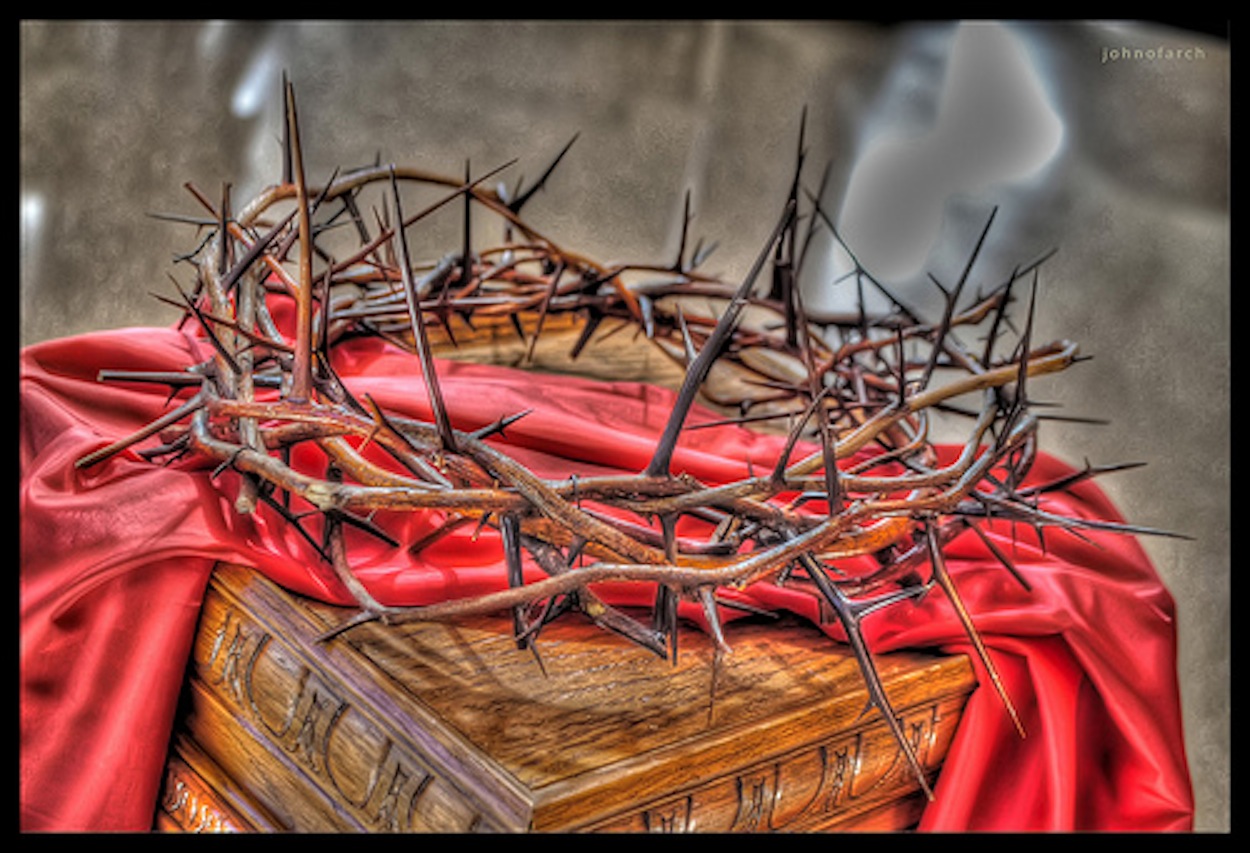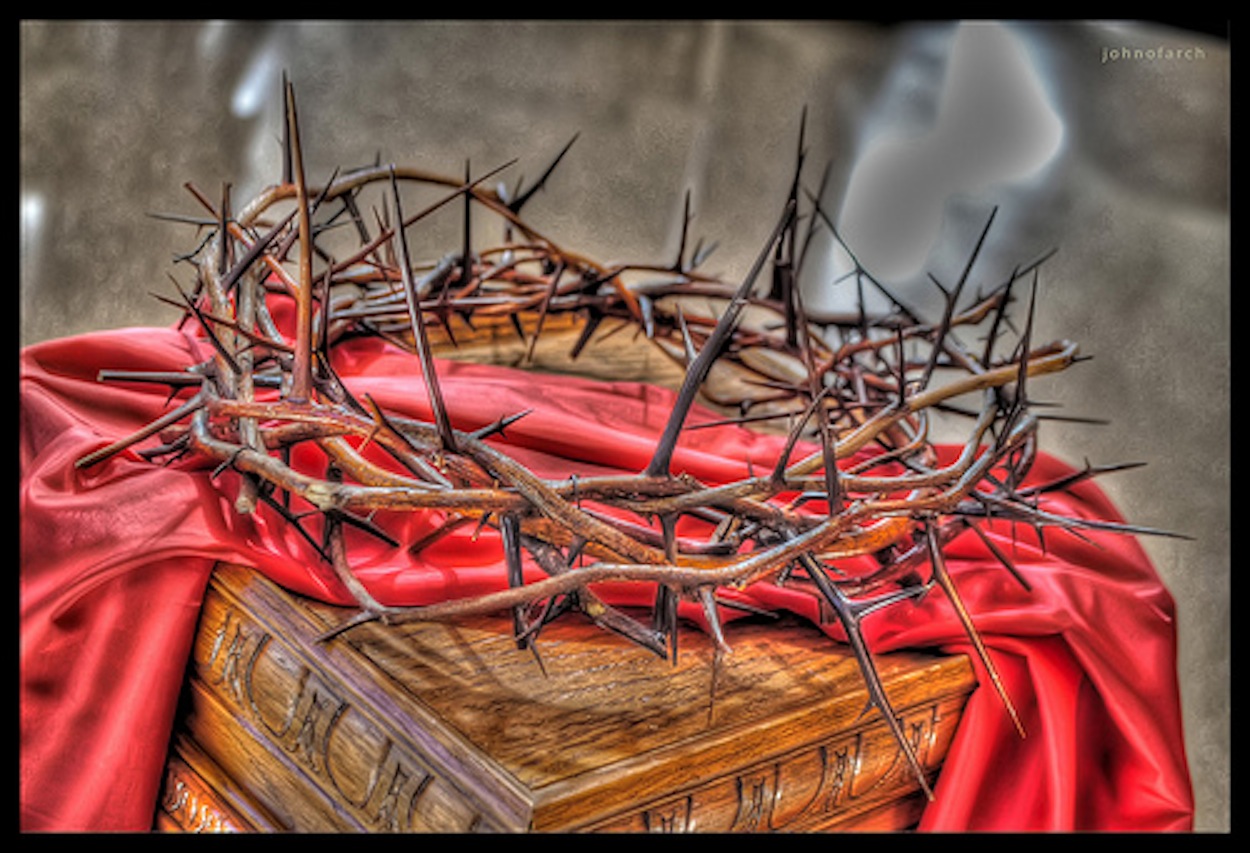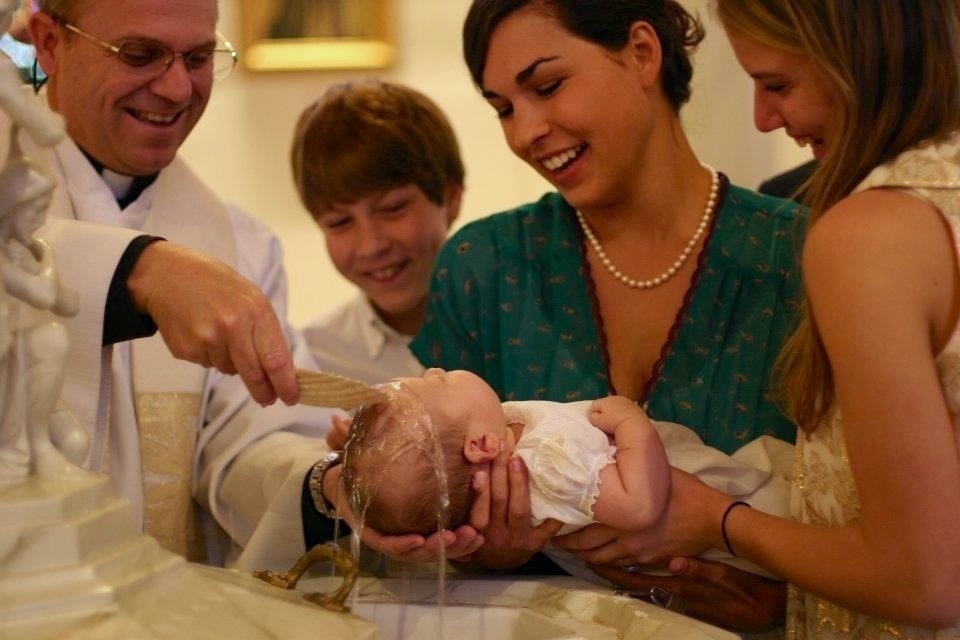While I normally steer away from controversial topics on this blog, I feel called to respond to the reaction to the Pope's new encyclical, "Laudato Si." Blessings and peace to all!
For the past week, I have noted with interest and sadness the strong negative reaction of many Catholics to Pope Francis’ new encyclical, Laudato Si. Apparently, the Pope’s call to radical conversion, not only in how we treat the Earth, but also in how we deal with the economy and our fellow human beings, has made more than a few people smoking mad. It seems to have caused a particular uproar among those who classify themselves as “conservative,” leading to name calling and accusations that Pope Francis is a “socialist,” “leftist,” or even worse, the Anti-Pope.
Last week I wrote a blog entitled, “Why I Remain Catholic,” which centered primarily on the great gift of Christ in the Eucharist. There wasn’t enough space in that blog to elaborate on the second major reason that I remain Catholic, but now seems like an opportune time to expound upon that theme. The second reason I remain Catholic is the because of the authority of the Church, which was instituted by Christ for our salvation, our protection, and our good. What a breath of liberating, expansive air it was to discover and submit to the authority that Christ established on earth to speak and act in His stead—the Magisterium of the Catholic Church, over which Pope Francis presides.
In “Why I Remain Catholic,” I mentioned that when I was a Protestant, I witnessed two church splits and an ego-showdown between pastors, all in five short years. Some of this division was over doctrine, but much of it was over money, posturing and pride. I personally experienced the unhappy result of having no one who was ultimately in charge, as well as the anarchy to which it leads, as various people with varying opinions competed for dominance in the church. Difference of opinion? Start a new church. Another conflict? Split again. Tragically, this scenario plays itself out over and over again in the Protestant world, hence the vast multitude of denominations.
When I returned to the Catholic Church, it took me a while (okay, years!) to become inculcated in a new way of thinking. That “new way” included coming to believe that a higher authority exists than my own set of opinions, my own interpretation of the Bible, or even my pastor’s interpretation of the Bible, for that matter. It also involved accepting the idea that Jesus Himself established the Catholic Church and its governing hierarchy. The “new way” then involved placing myself under submission to this authority with humility and trust, a wildly radical change for me, not to mention a profoundly counter cultural maneuver. (I was famous for saying: “I’ll never place myself under the authority of some man," echoing the sentiments of our culture.)
Embracing this uniquely Catholic way of viewing reality grounded me in something so much bigger than myself, namely two thousand plus years of history, Tradition and doctrinal consistency, along with two millennia of papal leadership which continues to this day. While it may seem like blind stupidity to place oneself under the authority of the Church, untold thousands (maybe millions) of Catholic converts and “reverts” like me have found that it is precisely this leap of faith that, paradoxically, leads not to bondage, but to freedom, joy and peace. Submission and assent are part and parcel of what it means to be Catholic, both of which are sorely lacking in the attitudes of today's Catholic pundits who claim to know more than the Pope, and in fact, more than Holy Spirit, Who guided Pope Francis' election to the papacy.
But back to the Pope’s encyclical. While an encyclical is not an infallible teaching instrument, it should nonetheless be received with an attitude of reverence, respect and assent. Furthermore, a spirit of humility toward and trust in this exercise of the Pope’s teaching authority is called for and should be expected among Catholics, instead of open dissent against the Pope, his leadership and his guidance.
When did it become vogue for Catholics to challenge every word that comes forth from the Pope’s mouth, encouraging division, rancor, and outright defiance, instead of unity, obedience and just some plain old respect? It seems that our family pundits have been formed more by Jerry Springer and shock T.V. than by Catholic spirituality, a chief mark of which is unity. And why are people so darn angry in the first place? In short, because Pope Francis is challenging us to change. To change our way of thinking and living and consuming for a return to the simplicity of the Gospel. To change the way we treat the world and its people by ceasing to regard them merely as objects of consumption. And to change the way we interact with nature that we may again realize that we are not its lords, but its stewards. The specifics of the encyclical you may find therein. But its message in no uncertain terms calls each and every one of us to conversion—and apparently that really stings.
It reminds me of the reaction the Pharisees had to the message of Jesus, for which they crucified the Lord. It calls to mind the reaction of King Herod to the message of John the Baptist, over which Herod cut off his head. The time has come for a renewal in the fundamental attitudinal disposition of the faithful—in those who claim to be Catholic and especially in those who claim to be more Catholic than the Pope. How can we expect to evangelize and transform the secular world when we refuse to be transformed ourselves?
So what’s the bottom line? It ain’t rocket science and it ain’t about climate change. Instead, it is rather pointedly about attitude change, about personal change, about heart change.
Earth to Catholics. It’s time to change.







